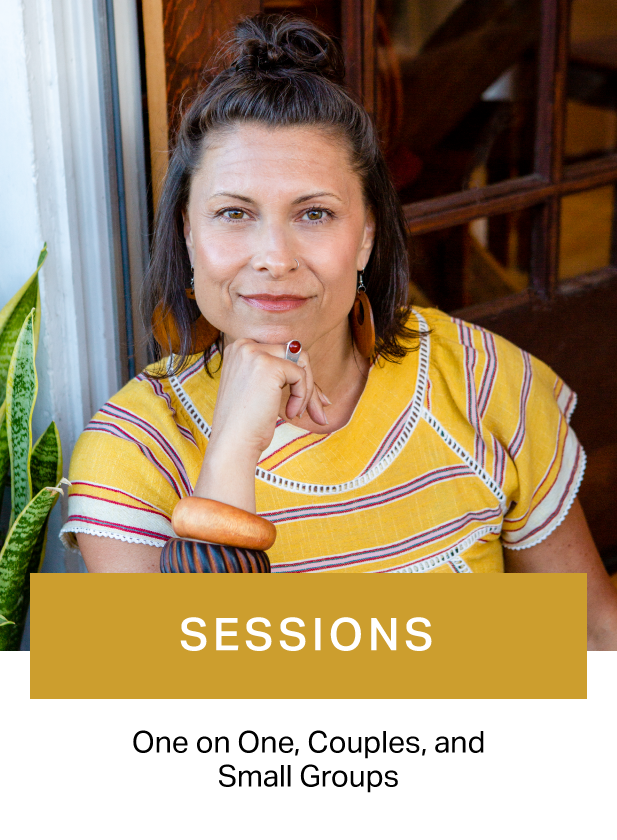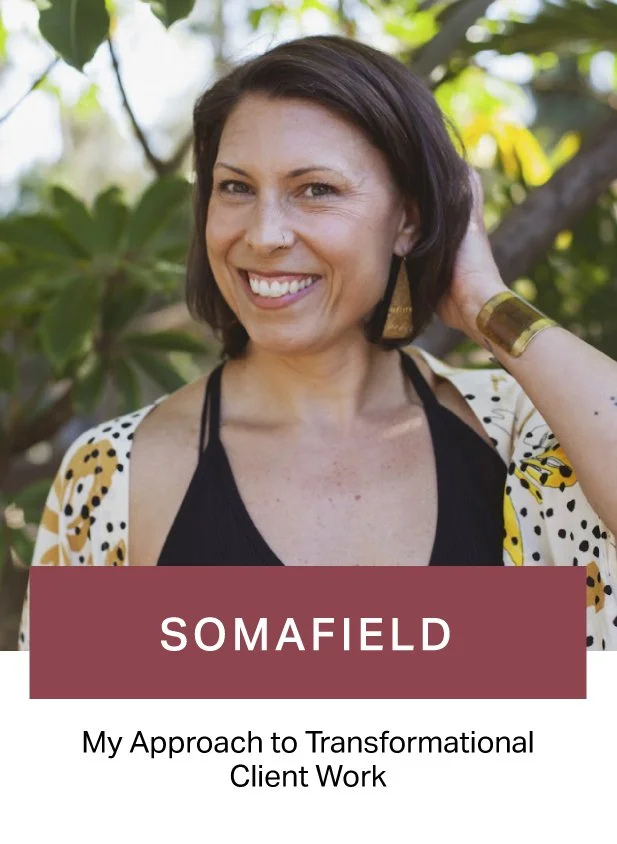Psychoeducation as a Bridge, Not a Destination
As practitioners, we often carry a wealth of knowledge about things like the nervous system, attachment, trauma responses, diagnoses, therapeutic process, and more.
But how and when we share that knowledge with clients matters just as much as what we share.
Psychoeducation is the practice of offering clients relevant understanding in a way that helps them name, organize, and normalize their experience. It can be profoundly relieving when someone finally has a word for what they’ve been moving through. Suddenly, they’re not broken—they’re human.
But it’s important to remember: insight is not the same as transformation.
Insight is a doorway. It’s the bridge. But the real shift happens when that insight is felt—when it settles into the body, when it reshapes a client's relationship to themselves, when it opens space for compassion, regulation, and choice.
In other words: psychoeducation isn’t the endpoint. It’s what allows us to move toward the deeper, more alive work.
When done with care and attuned timing, it decreases fear, invites agency, and brings coherence to what once felt chaotic. But it’s most powerful when paired with presence, somatic awareness, and a felt sense of safety.
A Simple Practice
In session, notice what knowledge you’re carrying about your client’s situation and check in with yourself about whether it would feel helpful to offer it.
Is there a piece of knowledge—about the nervous system, attachment, parts work, or another lens—that might help this client make sense of or normalize what they’re experiencing right now?
If so, offer it gently. One idea at a time. Let it land. Then, invite the client to feel into it:
“What happens in your body as you hear that?”
“Does any part of you respond to that idea?”
“Does this feel relevant or true about your situation?”
This keeps the work relational and embodied—not just cognitive.
Psychoeducation can be a beautiful gift. But only when it’s in service of something deeper: aliveness, integration, and healing.
Know another thoughtful practitioner who values both insight and embodiment? Feel free to pass this along.




